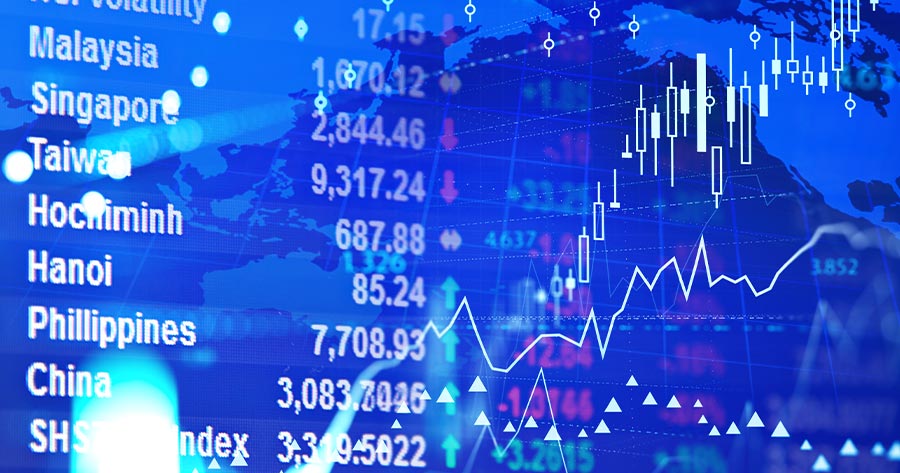On Wednesday morning (31 Jan, 9:35 AM, GMT+7, Bangkok time), most major indices in Asia Pacific declined as investors anticipated the US Fed rate decision and assessed economic data from the region, including inflation numbers for December and 4Q from Australia, PMI figures for January from China, retail sales from Japan, and industrial output data for December from Korea.
Earlier this morning, China had just reported the PMI data that showed its factory activity for January contracted for the fourth consecutive month.
The official manufacturing purchasing managers index for January 2024 rose to 49.2 from 49 in December 2023. Despite the rise, a reading below 50 indicates a contraction for the data.
Japan’s NIKKEI fell by 0.49% to 35,890.27. South Korea’s KOSPI dropped by 0.23% to 2,493.08, while Australia’s ASX 200 rose by 0.38% to 7,628.9.
As for stocks in China, Shanghai’s SSEC slumped by 1.28% to 2,794.34. Shenzhen’s SZI edged down by 1.3% to 8,266.9, and Hong Kong’s HSI contracted by 1.13% to 15,526.04.
Meanwhile, the US stocks market edged lower on Tuesday as the Dow Jones Industrial Average (DJIA) increased by 0.35% to 38,467.31. NASDAQ decreased by 0.76% to 15,509.9, and S&P 500 declined by 0.06% to 4,924.97. VIX dropped by 2.13% to 13.31.
As for commodities, oil prices settled higher on Tuesday as the International Monetary Fund upgraded its outlook for global economic growth forecast, while the tensions in the Middle East continued. The circumstances helped cooling concerns about oil demand in China. Brent climbed 47 cents or 0.57% to $82.87 per barrel, and the West Texas Intermediate (WTI) surged $1.04 or 1.35% to $77.82 a barrel.
This morning, Brent contracted 38 cents or 0.46% to $82.49 a barrel, and WTI dipped 30 cents or 0.39% to $77.52 per barrel.
Meanwhile, gold futures rose by 0.05% to $2,052 per Troy ounce.


